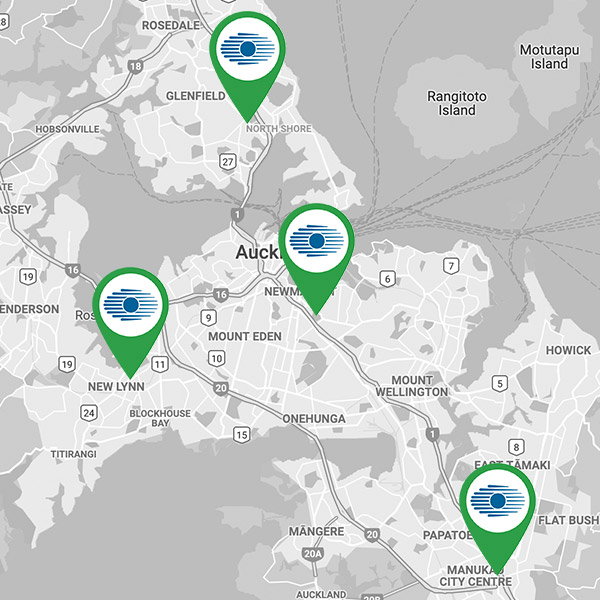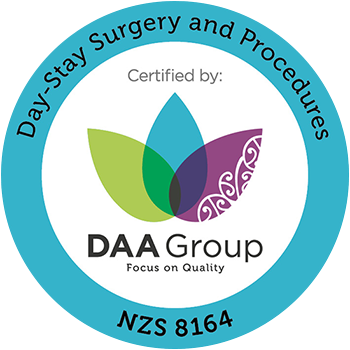Discover more about this symptom and next steps
Choose the option below that sounds most like you to discover your best solution
Take this quick quiz to discover if you can be free from glasses and contacts
Not everyone can benefit from laser eye surgery. You have many different options depending on your eyes, age and lifestyle. Take this quick 2-min quiz to find out which type of laser eye surgery or other vision correction treatment might be right for you.
Laser vision correction options can be confusing. We’ve made the journey as straightforward as can be
Get a quick overview of everything you need to know about gaining visual freedom
Caring for your eyes
Today is World Sight Day. A day to focus the world's attention on the importance [...]
Eye Institute Wellington Opening Evening
Eye Institute Wellington Opening Evening On Friday 19th May Eye Institute Wellington celebrated the opening of our stunning new Wellington [...]
The Ophthalmologist Power List 2023
The Ophthalmologist Power List 2023 Congratulations to Professor Helen Danesh-Meyer for being recognised [...]
Follow the links below to learn more about treating short-sightedness, long-sightedness and astigmatism from authoritative sources.
Note: These links will take you off our website










